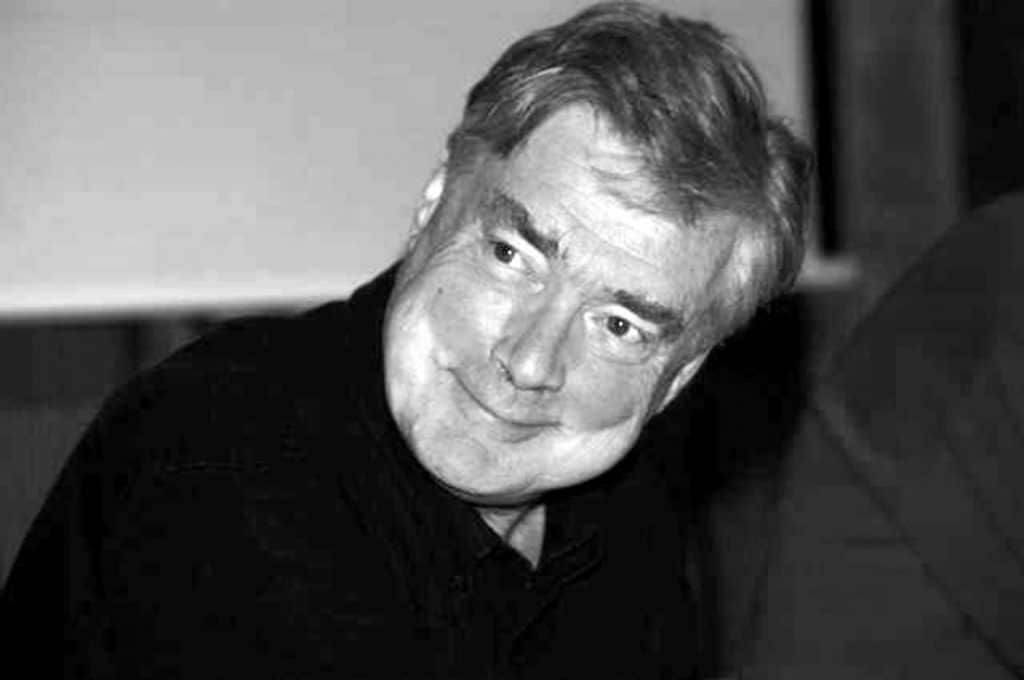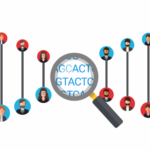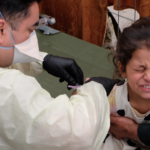Julian Perry Robinson, top chemical and biological arms control expert, dies of coronavirus
By Nicholas A. Sims | April 30, 2020
 Julian Perry Robinson
Julian Perry Robinson
Julian Perry Robinson, who passed away on April 22 from COVID-19 at the age of 78, was the outstanding non-governmental authority on chemical and biological warfare (CBW) and international efforts to eradicate it through arms control and disarmament treaties. From 1971, he built up the University of Sussex as a focal point for the study of this subject, through the team he led in its Science and Technology Policy Research Unit (SPRU). Moreover, through the students he supervised and inspired he created the next two generations of leading scholars in this field now active at Sussex and beyond.
Born in Jerusalem on November 11, 1941, Julian studied chemistry at Oxford (BA 1964, MA 1967) and law with a patent attorney in London. This combination of chemistry and law proved fruitful as much of his policy research involved the subjection of CBW to legal constraints, both international by treaty and national by legislation. The interplay of science policy, technology and regulation was a major theme of his writing, in over 500 papers and monographs written over 50 years.
His first major contribution came in 1968-1971 as a research scholar at the Stockholm International Peace Research Institute (SIPRI), where he masterminded the six-volume study of The Problem of Chemical and Biological Warfare, published through the early 1970s. This has remained required reading for anyone entering the field. It strove to anchor the study of CBW and its control in cool facts rather than excitable speculation. As such it provided a baseline for subsequent scholarship to build on. At the same time, Julian was advising expert groups in the UN and World Health Organization, whose reports on chemical and biological warfare helped inform the Geneva negotiations of 1968-1971. Out of these emerged the 1972 Biological Weapons Convention, in force since 1975.
A Chemical Weapons Convention (CWC) was supposed to follow by “early agreement” but took another 21 years to negotiate. Throughout that time, and in the interval (1993-1997) between its opening for signature and entry into force, Julian was an invaluable source of expert advice and commentary. He kept the case for this treaty clearly in view when discouragement was rife and did much to prevent weakening of the Chemical Weapons Bill (designed to implement the CWC in the UK) as it made its way through Parliament in 1995-96. He was one of the first and most influential members of the UK CWC National Authority Advisory Committee, which was established as a result of the Chemical Weapons Act of 1996.
At Sussex as a research fellow and later professorial fellow he developed a series of programmes within SPRU, including an Armament and Disarmament Information Unit (1978-1988), a CBW archive, a quarterly CBW Conventions Bulletin and the Harvard-Sussex Program, which he co-directed with the eminent Harvard biologist Matthew Meselson. What all these initiatives had in common was an insistence on factual precision in an effort to keep the attentive public, as well as key policy-makers, well informed in an area too often prey to propaganda and unresolved accusations.
Internationally, Julian was active from 1968 in the Pugwash Conferences on Science and World Affairs, as a co-convenor of Pugwash study groups on CBW and later on the implementation of the two Conventions. Over four decades these study groups brought together diplomats and scientists from many countries with non-governmental researchers and academics expert in different aspects of CBW history, law and politics. Their common aim was to bridge differences with fresh approaches to the negotiation, and later on the review and reinforcement, of these two major disarmament treaties. This Pugwash input complemented ongoing work at Geneva and The Hague by international officials and negotiators. The World Health Organization was persuaded to produce a new edition of its 1970 study on Health Aspects of CBW, with Julian serving as executive editor for the book the WHO published in 2004 as Public Health Response to Biological and Chemical Weapons: WHO Guidance. Julian never really retired and continued to research and write on CBW matters—his last publication was an impressive study of novichok chemical warfare agents, one of which had been used in the Salisbury poisoning.
Julian exemplified high standards of scholarship in his own work, yet wore his learning lightly and was generous in his help and hospitality to successive generations keen to benefit from his knowledge. He has been fittingly described as the grandfather of non-governmental research into the control of CBW. Julian is survived by his wife Mary and his children.
Together, we make the world safer.
The Bulletin elevates expert voices above the noise. But as an independent nonprofit organization, our operations depend on the support of readers like you. Help us continue to deliver quality journalism that holds leaders accountable. Your support of our work at any level is important. In return, we promise our coverage will be understandable, influential, vigilant, solution-oriented, and fair-minded. Together we can make a difference.
Keywords: Biological Weapons Convention, COVID-19, Coronavirus, chemical weapons, obituary
Topics: Biosecurity















